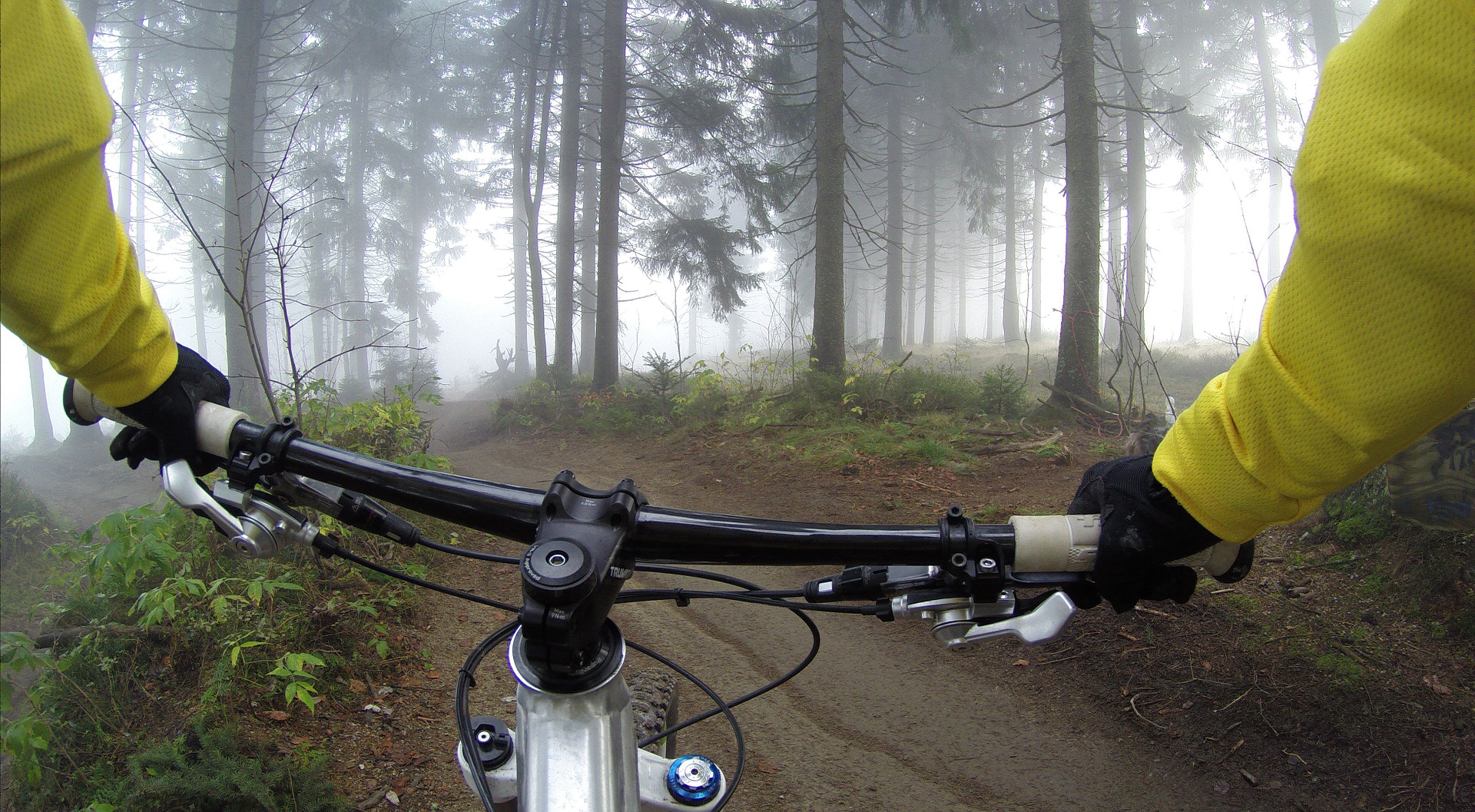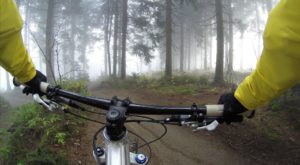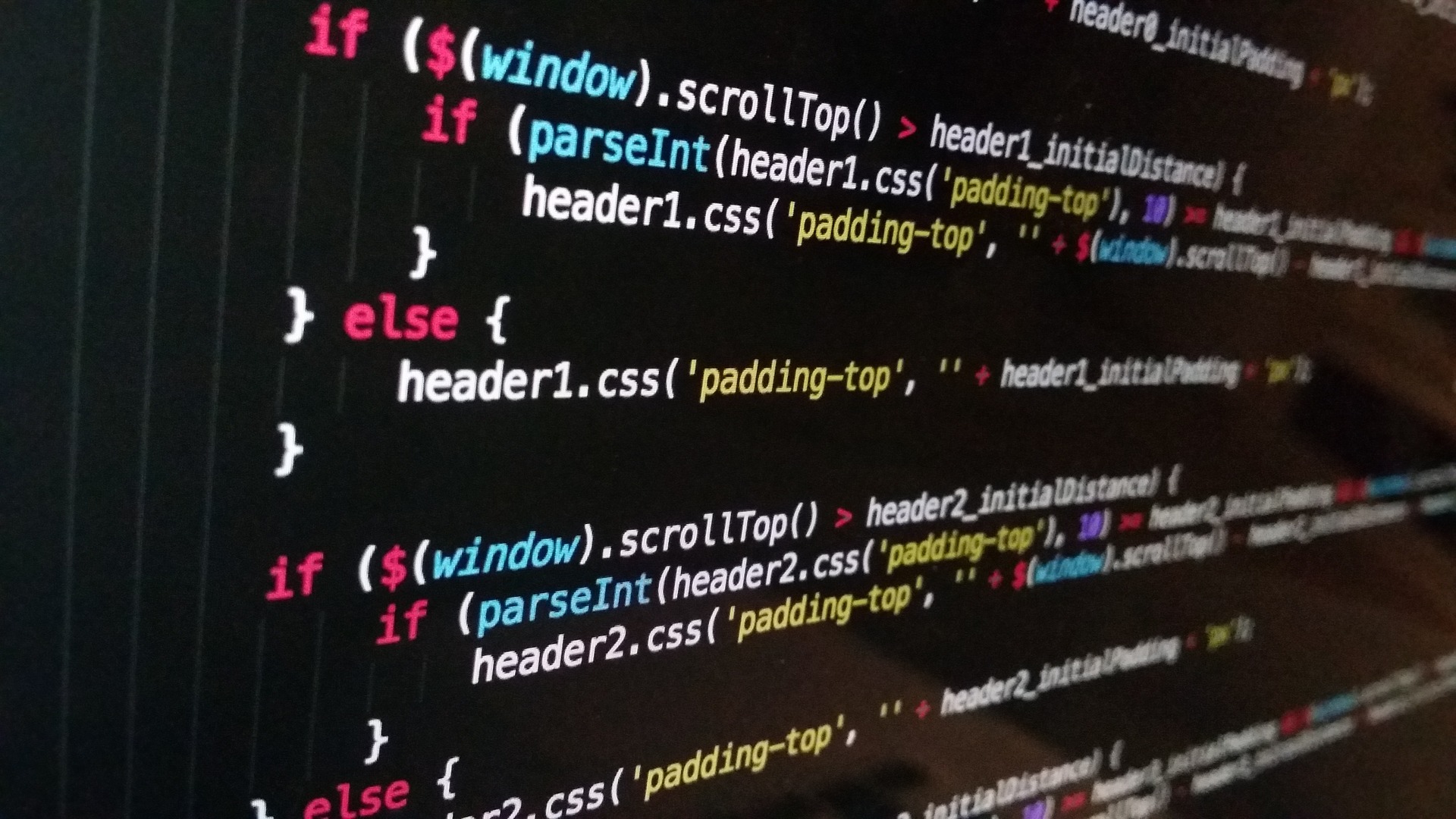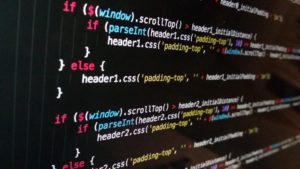This post is a free bonus chapter to go with my book “Brave Language Learning.” You can get the full book here.
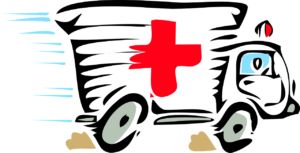
I hope you folks will never get to use anything from this post. But during my recent trip abroad, I got to think about what I’m about to write, and I realized that even seasoned polyglots can have a hard time when it comes to this: how to call 911 in a foreign language? And what to say during an emergency call abroad?
It’s just as stressful as in your own language…
Any emergency situation is hard. Smart people panic. Calm people lose their cool. You forget the most basic details. And even if you’re making yourself aware of what to do, for example, by reading good advice online, when it comes to it, you may become too stressed out to follow what you know is best practice. The person on the other side of the phone call knows it, and they’re trained to help you. But…
…But with extra stress added
You won’t be able to get much support out of a 911 call if you hardly speak the language. You’ll get a calm person, but not a calm message. You’ll get someone who can send help, but not someone who will be able to always tell you what to do. A conversation, with all its added benefits, may not be an option. Sorry to break it to you: a 911 call in a foreign language is more stressful and less helpful, just because there’s so much to fix and put right at the same time as making sure your emergency is handled.
Preparing your emergency call starter pack
This is a bit similar to a language survival pack I shared here earlier. With a foreign-language 911, though, you’ll be focusing on one thing only: getting help sent to you.
It is difficult to assume that you will be able to understand any first-aid instructions. So a 911 call in another language will mainly be your chance to convey the basics. You will speak, share what the problem is, and then wait for help. If more can be done over the phone – great. If not, you must be able to at least say the minimum.
The starter pack I’m sharing today contains the bare minimum: English phrases to help you get through a 911 call in a foreign language of your choice. Follow the procedure below to get the .txt file – then translate it yourself, generate some flashcards, and let’s hope you’ll never need to use it…
If you’re my newsletter subscriber, the starter pack will be your exclusive freebie, landing in your inboxes later tonight (Sunday).
Safe polyglot travels, everyone!
Get the foreign language 911 starter pack by clicking the button below:

